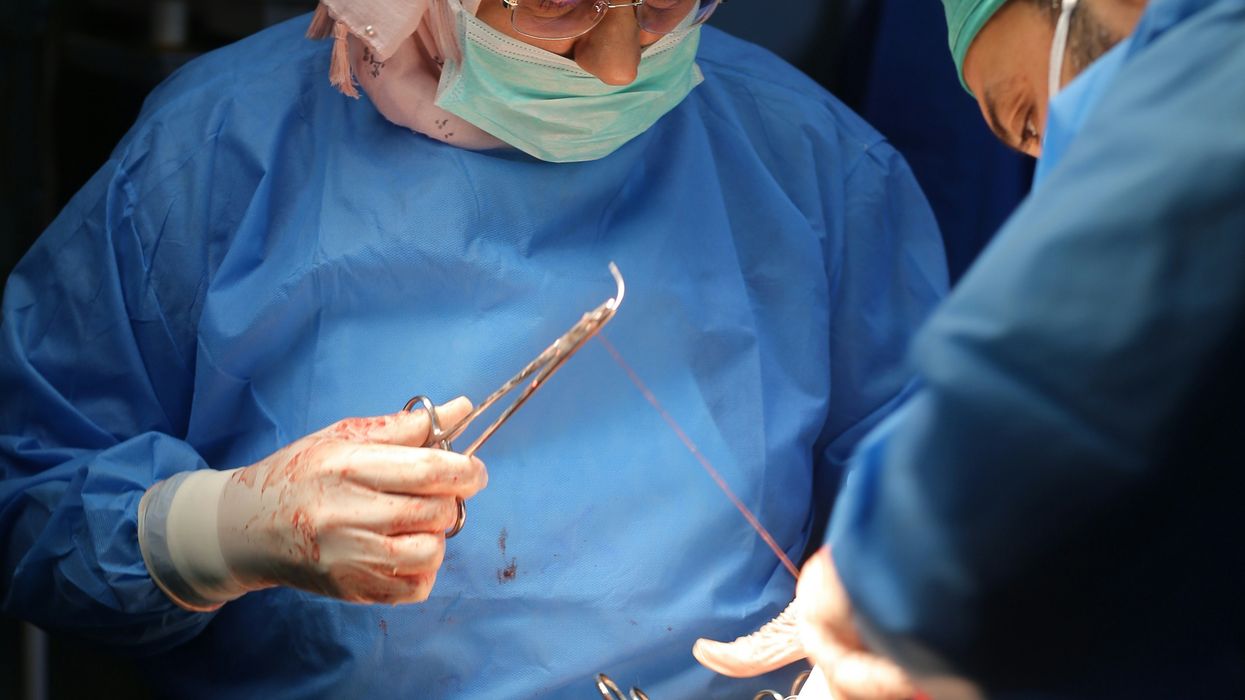The Gut-Brain Axis: A Two-Way Street
You've most likely been taught that your brain/mind controls your thoughts.
This begs the question: What controls your brain/mind?
Did you know that your gut and brain communicate constantly, influencing each other's function? This bidirectional link, known as the gut-brain axis, is a hot topic in modern neuroscience. While once thought to be a one-way street, with the brain controlling the gut, recent research has uncovered the gut's significant role in this relationship. The trillions of microorganisms residing in your gut, collectively known as the microbiome, play a crucial part in this conversation.
What is the microbiome's role in mental health, and performance?
The microbiome influences the gut-brain axis by producing neurotransmitters like serotonin, dopamine, and GABA, which impact mood and behavior. In fact, the gut manufactures approximately 90% of the body's serotonin. Moreover, microbiome imbalances can lead to leaky gut syndrome, inflammation, and immune system dysregulation, all of which can negatively affect mental health. Emerging evidence suggests that manipulating the microbiome may offer novel approaches to treating mental health disorders.
Are Real-Life Transformations Possible?: Gut Health & Mental Clarity Studies
Intrigued by the potential of gut health to improve mental well-being, many individuals have begun experimenting with microbiome optimization. You might notice that decision-making, or executive function around new or complex tasks creates mood fluctuations, or mild anxiety,, Individuals, after undergoing a gut microbiome test and then gradually adjusting their diet, have reported feeling "more lucid, more calm, and more balanced" within just a few months.
How Do You Get To Know Your Unique Microbiome?
A healthy microbiome is diverse and resilient, shaped by factors such as diet, birth method, antibiotic use, and environment. Consuming a varied diet rich in fiber, fermented foods, and probiotics can foster a thriving microbiome. Conversely, processed foods, sugar, and artificial additives can disrupt this balance. Gut microbiome testing can provide personalized insights into your microbial community and guide dietary decisions. Finding a provider who is well versed in facilitating and analyzing a personalized gut biome study for you is your first step.
What Is Fast Becoming The Future of Mental Wellness: Gut Microbiome Testing?
Still a work in progress, the emerging frontier of Gut-Brain Research has some scientists proposing that future mental health care may begin with a gut microbiome test, rather than medication. By identifying and addressing microbiome imbalances, we may unlock new avenues for mental health treatment.
While the gut-brain axis and its relationship with the microbiome are promising avenues for mental health research, much remains unknown. New bacterial species which inhabit the gut, and facilitate digestion are continually being discovered, and their roles in mental health are still being uncovered. As research progresses, one thing is clear: if you care about your mental health, it's crucial to pay attention to your gut health.
Optimize Mental and Physical Performance: Simple Steps for Gut Microbiome Efficiency
- Eat a diverse array of plants: Aim for 30 different types weekly, including herbs, nuts, and seeds.
- Reduce processed food intake: Awareness is key; you don't need to eliminate them entirely.
- Consider probiotics: Not all strains work the same way, so choose wisely and consult recent research.
- Minimize antibiotic use: They kill both harmful and beneficial bacteria.
- Prioritize sleep and stress management: Both can impact gut bacteria levels.
- Monitor your body's responses: Over time, you'll notice patterns and how your mood responds to dietary changes.
Might it be possible to rehabilitate people who are in prison for aggressive behavior, or help homeless people manage the
stresses of what mentally healthy people experience as everyday challenges, be rehabilitated by making basic, inexpensive changes to their diet?
What are some references we used for this post?...
just so you know we're not just making this stuff up!
- Harvard Health Publishing. (2019). The gut-brain connection. <https://www.health.harvard.edu/diseases-and-conditions/the-gut-brain-connection>
- Foster, J. A., Rinaman, L., & Cryan, J. F. (2017). Stress & the gut-brain axis: Regulation by the microbiome. Neurobiology of Stress, 7, 124–136. <https://doi.org/10.1016/j.ynstr.2017.03.001>
- John Hopkins Medicine. (n.d.). The brain-gut connection. <https://www.hopkinsmedicine.org/health/wellness-and-prevention/the-brain-gut-connection









 Karla Mingo believes that her greatest gift as a cancer survivor is the ability to live with gratitude and thankfulness.
Karla Mingo believes that her greatest gift as a cancer survivor is the ability to live with gratitude and thankfulness.



